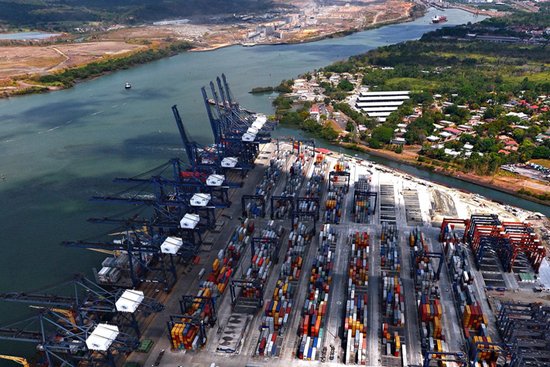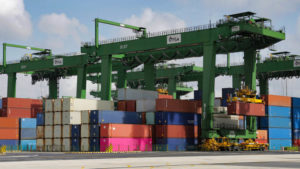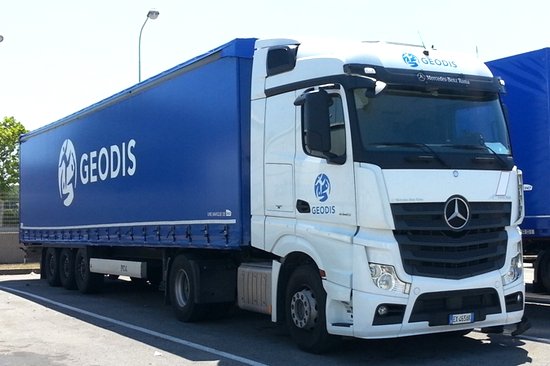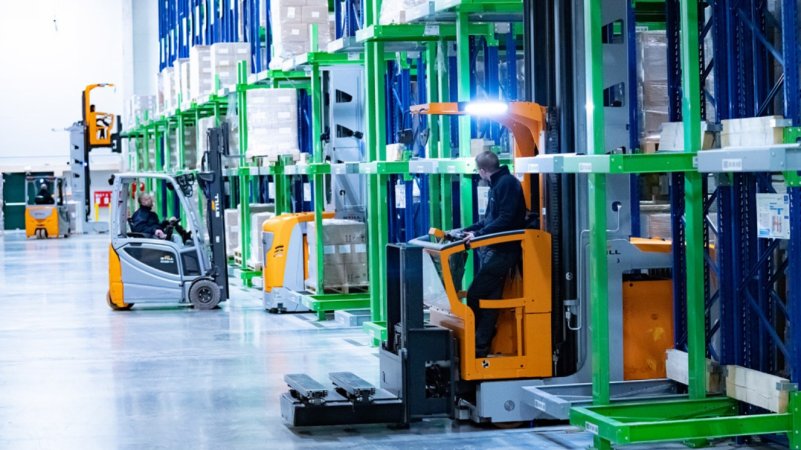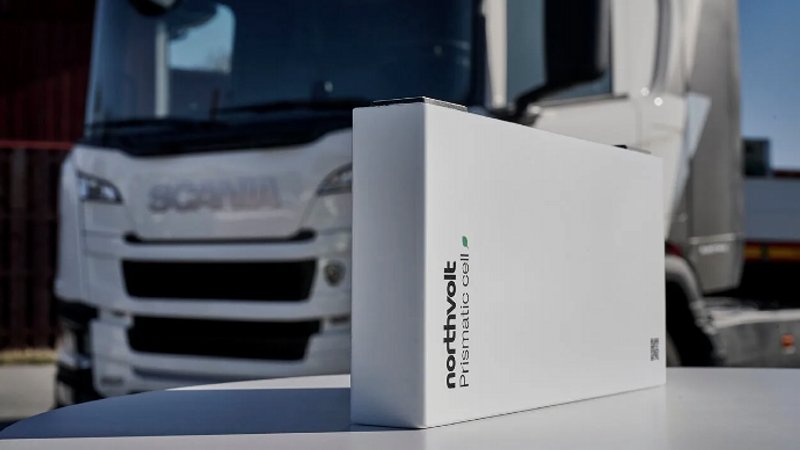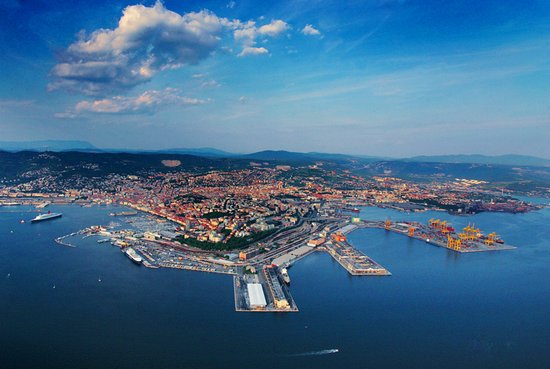Psa International, the terminal operator based in Singapore, closed 2024 with a historic milestone: for the first time in its history, it handled over 100 million TEUs. This achievement confirms the group’s central role in the global port logistics landscape, yet it comes against a backdrop of financial challenges. Net profit fell by 25.2% compared to the previous year—an apparent contradiction that reflects the complexities of today’s global environment.
In detail, Psa handled 100.2 million TEUs, marking a 5.6% increase over 2023. The Singapore terminal contributed 40.9 million containers, up by 5.5%, while the group’s international facilities reached 59.2 million, growing by 5.7%. It is the first time the group has crossed the symbolic 100 million TEU mark—an achievement that takes on particular significance amid geopolitical turbulence, ongoing conflicts, market volatility, and the lingering effects of recent disruptions to global supply chains.
From a financial standpoint, revenues rose by 8.9%, reaching 7.7 billion Singapore dollars (approximately 5.2 billion euros). However, operating profit declined by 3.7%, and profit before tax dropped by 22.7%. The most striking figure is the decrease in net profit, which stood at 1.095 billion dollars (around 740 million euros), compared to over 1.4 billion the previous year (about 945.5 million euros). According to the company, the drop is partly due to rising operational costs and partly to a non-cash write-down of intangible assets, needed to align balance sheet values with more cautious economic projections. Nonetheless, the group’s financial position remains solid, with a debt-to-equity ratio held at 0.51, indicating a balanced capital structure.
In a statement, group chairman Peter Voser described the year as one marked by trade tensions, extreme climate events, and financial instability. A context that, in his view, calls for a decisive acceleration in investments in infrastructure, technology, and strategic partnerships. Voser emphasised that the future of global logistics can no longer rely on traditional models and must instead embrace interconnected, sustainable solutions. Only by adopting a transformative mindset, he stated, can we co-create supply chains capable of adapting to disruptions and emergencies in today’s world.
Echoing this perspective, CEO Ong Kim Pong praised the results achieved and the work of the team, highlighting the pivotal role of the Node to Network strategy. This approach aims to transform ports, which often operate as isolated entities, into integrated nodes within a coordinated, flexible, and intelligent logistics network—one capable of maintaining the smooth flow of trade even in the face of critical events. Surpassing 100 million TEUs, Ong explained, is tangible proof of this model’s effectiveness.
Looking ahead, Psa intends to strengthen its global leadership by focusing on digital innovation, environmental sustainability, and greater service integration along the entire logistics chain. The goal is to contribute to the development of more resilient, low-emission supply chains that can meet the demands of an increasingly complex and interdependent global trade landscape. The group has already launched targeted projects to reduce environmental impact, adopt renewable energy in terminals, and introduce technologies for berth electrification and digitalisation of flows.



